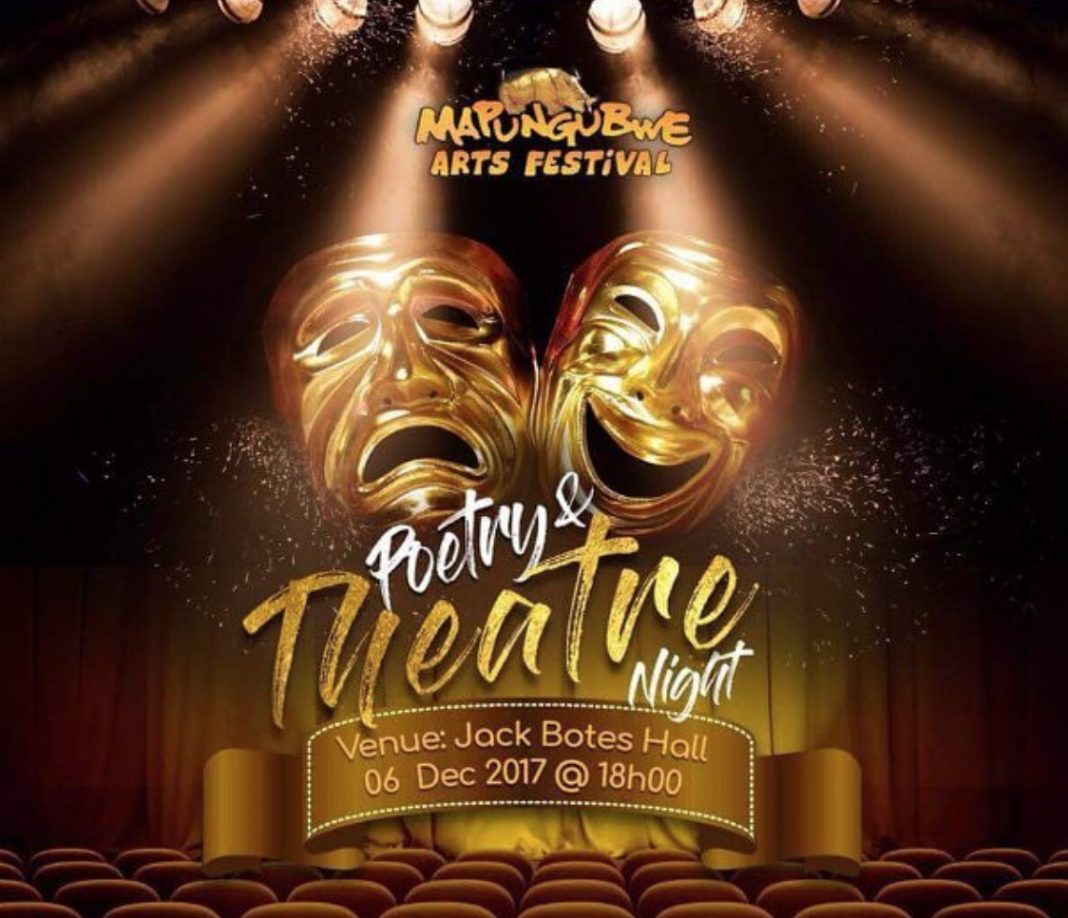Chester Makana
Modikwa Mpa had little insight into movie or documentary film-making. She thought all it required was a camera, some actors a bit of production and voila, you’re ready to show your film to the world.
But when she stepped out of a local hotel in the Polokwane CBD her mind was transformed and empowered to gather more arsenals to shoot a movie that can be enjoyed from Senwabarwana to Seoul.
“I have learned some secrets of film that I thought did not matter, now I will consider them going forward,” said Modikwa Mpa, who took part in the three-day Mapungubwe Film and video festival in Polokwane.
This three-day interactive workshop by film industry experts who shed light on aspects movie makers should consider when telling their story.
She said most of the technicalities applied in the making of a film was like a foreign language — simple to see when is written but difficult to understand as always seen on the screen.
Mpa was one of more than two hundred youths who attended the festival run by experts from The Film and Publication Board, independent producers and the National Film and Video Foundation.
The Limpopo department of Sports, Arts and Culture MEC Onicca Moloi called youths to participate in movie-making to help tell the stories their communities face.
Moloi and her department managed to secure experts like Ntshavheni wa Luruli a world-renowned producer whose latest movie Elelwani attracted the interest of movie lovers.
In his lecture, Luruli appealed to aspirant movie makers to work hard and avoid being a copy of Hollywood saying “it’s time” locals create their own stories.
According to Luruli attempting to apply a Hollywood-approach is a mistake that blocks the path for local filmmakers.
“There are many stories, that are uniquely Limpopo right here, you will be making a mistake as we always making mistake in South Africa by telling stories that are told by other people,” he said when rebuking tendency of employing Hollywood
“You take Hollywood those are not our stories,” argues Luruli
He suggested that local stories are always influenced by each culture and should be told without the influence of Hollywood elements which saw locals as copycats.
“Tell women stories our queens, tell that story it really shapes the whole thing of African feminism and not just follow what other people are writing overseas, this is where we fail.”
Like Mpa, Tlou Nkuna from Moletji is adamant that the development of film producers will see movies and stories told timeously.
He watched Kalushi and some of the other films screened at the festival on Monday.
He said the movie, among other things, shed light on how long it took producers to tell a struggle story.
“Kalushi was during apartheid era, we are going to tell new stories,” said inspired Nkuna.
He said the development of producers in South Africa, will see more stories told in time and reflect current affairs.
Senior producer Marc Nekaiar argued that Limpopo filmmakers should learn from Nollywood producers and not repeat their mistakes.
“The advantage of starting late is that you won’t mistakes that other people did,” he said
He said while Limpopo is coming to play after everybody has done it, It should work for producer and perfect the wrongs of others.
Film festival organizer Victor Phiri said this year’s festival and workshop opened a window for filmmakers to showcase their shows.
Phiri said they would be showing movies and play theming throughout the province to help producers acquire a space in the society.
Meanwhile, Film and Publication Board and NFVF warned producers to guard against pornographic materials saying it could be a waste of money as they are likely to be removed.
NFVF’s production and development manager Thandeka Zwans urged aspirant filmmakers to ensure that their films do not contain material that is harmful to children.
“We have duty to protect children from harmful materials, if you produce them we will remove them from viewers if its classified to be very harmful,” she said.
Mpa said she learned that the classification of movies per people’s age is for the advantage of the society.







